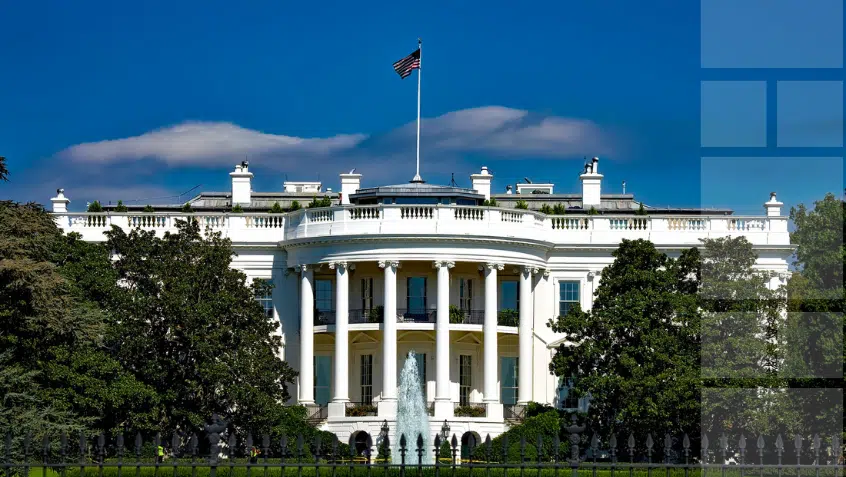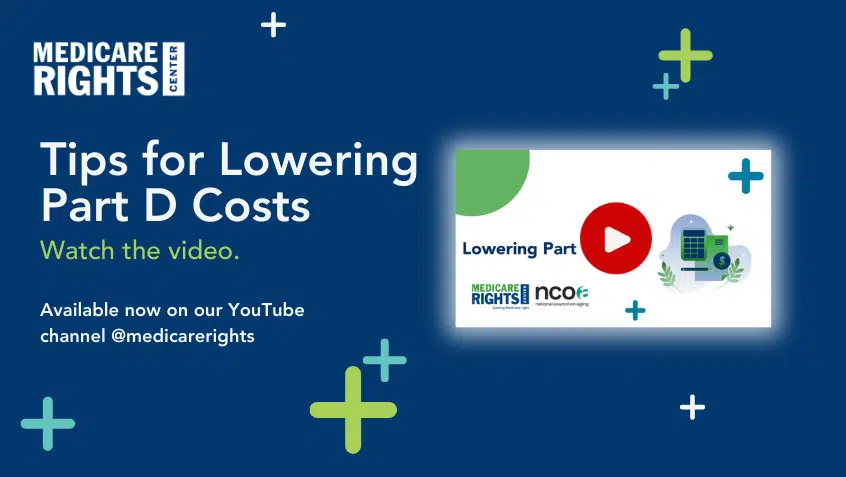Join Us Live for a Discussion on Medicare, Democracy, and the Future of Health Care
Medicare Rights Highlights Ways to Eliminate Red Tape in the Medicare Program

This week, Medicare Rights Center submitted comments on ways to eliminate red tape and bureaucracy in the Medicare program that affect how people with Medicare can access their care and benefits. These comments were generated in response to the “Medicare Red Tape Relief Project,” a request from Representative Pat Tiberi, the Chairman of the U.S. House Ways and Means Subcommittee on Health, for ideas to improve legislation or regulations to help “deliver relief from the regulations and mandates that impede innovation, drive up costs, and ultimately stand in the way of delivering better care for Medicare beneficiaries.”
Medicare Rights is supportive of efforts to eliminate “red tape” and barriers to care for people with Medicare. On our National Helpline, we see that people with Medicare and their as health care providers are often tripped up by complex policies and burdensome procedures.
We also want to be sure that there is an appropriate balance. The Subcommittee is likely to uncover policies that appear to be red tape at first glance, but actually serve to protect the health, quality of life, and access to care for people with Medicare. These concerns are vital in any discussion of minimizing burdens on beneficiaries and providers.
In our comments, we highlighted several areas where people with Medicare encounter significant red tape and our suggestions to help simplify and smooth some of those areas:
- Make enrolling in Part B simpler and less confusing for people who are nearing Medicare eligibility;
- Simplify “equitable relief” requests for people who mistakenly delayed enrolling in Part B;
- Streamline Part D prescription drug coverage determinations and appeals;
- Eliminate conflicts between Medicare and Medicaid coverage rules for Durable Medical Equipment (DME);
- Enhance the Medicare Improvements for Patients and Providers Act (MIPPA) to ensure people with low incomes have access to programs that can help pay their Medicare costs; and
- Allow Medicare coverage of Skilled Nursing Facility (SNF) care following an outpatient hospital observation stay.
Show Comments
We welcome thoughtful, respectful discussion on our website. To maintain a safe and constructive environment, comments that include profanity or violent, threatening language will be hidden. We may ban commentors who repeatedly cross these guidelines.
Help Us Protect & Strengthen Medicare
Donate today and make a lasting impact
More than 67 million people rely on Medicare—but many still face barriers to the care they need. With your support, we provide free, unbiased help to people navigating Medicare and work across the country with federal and state advocates to protect Medicare’s future and address the needs of those it serves.
The Latest
Most Read
Add Medicare to Your Inbox
Sign up to receive Medicare news, policy developments, and other useful updates from the Medicare Rights.
View this profile on InstagramMedicare Rights Center (@medicarerights) • Instagram photos and videos









